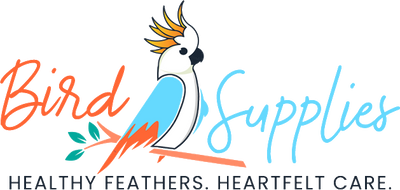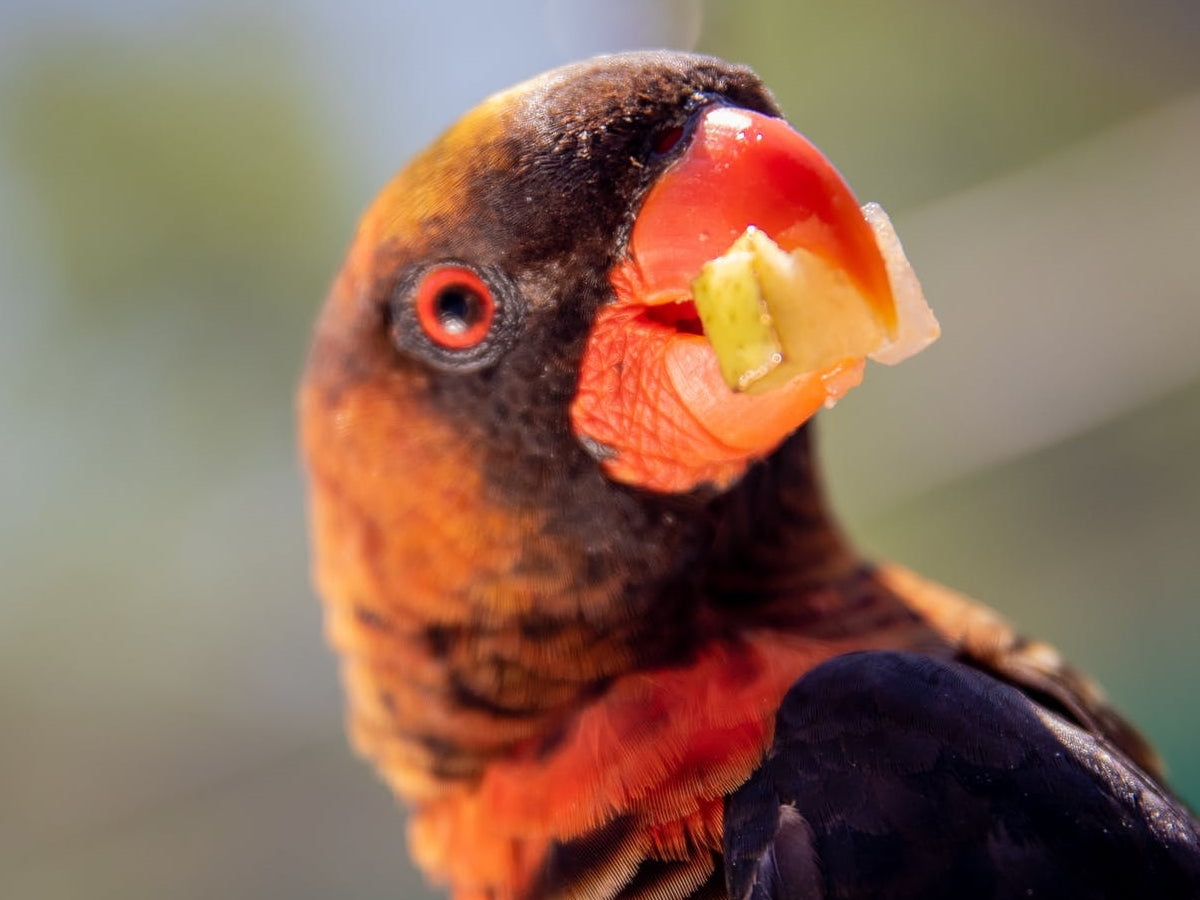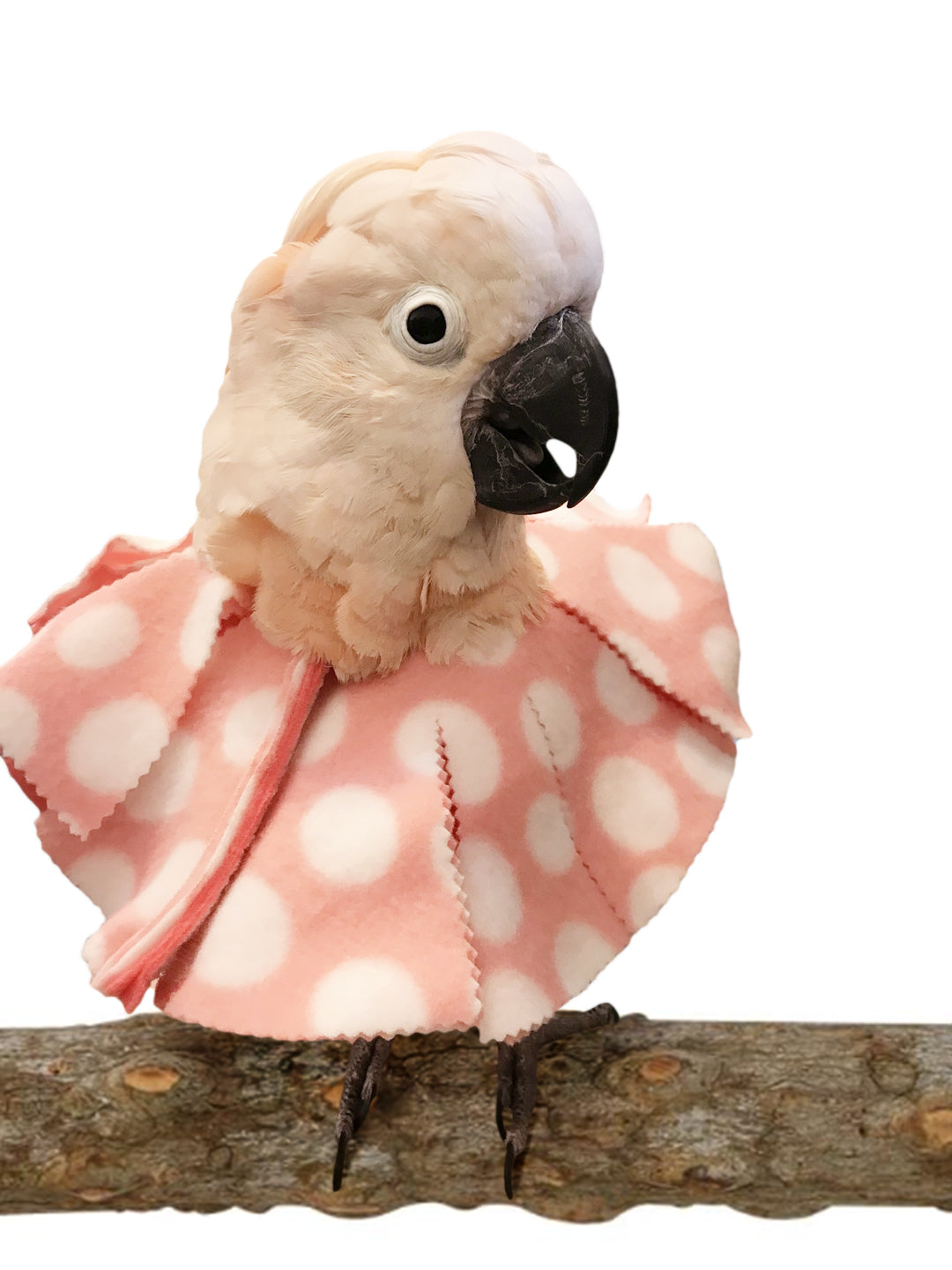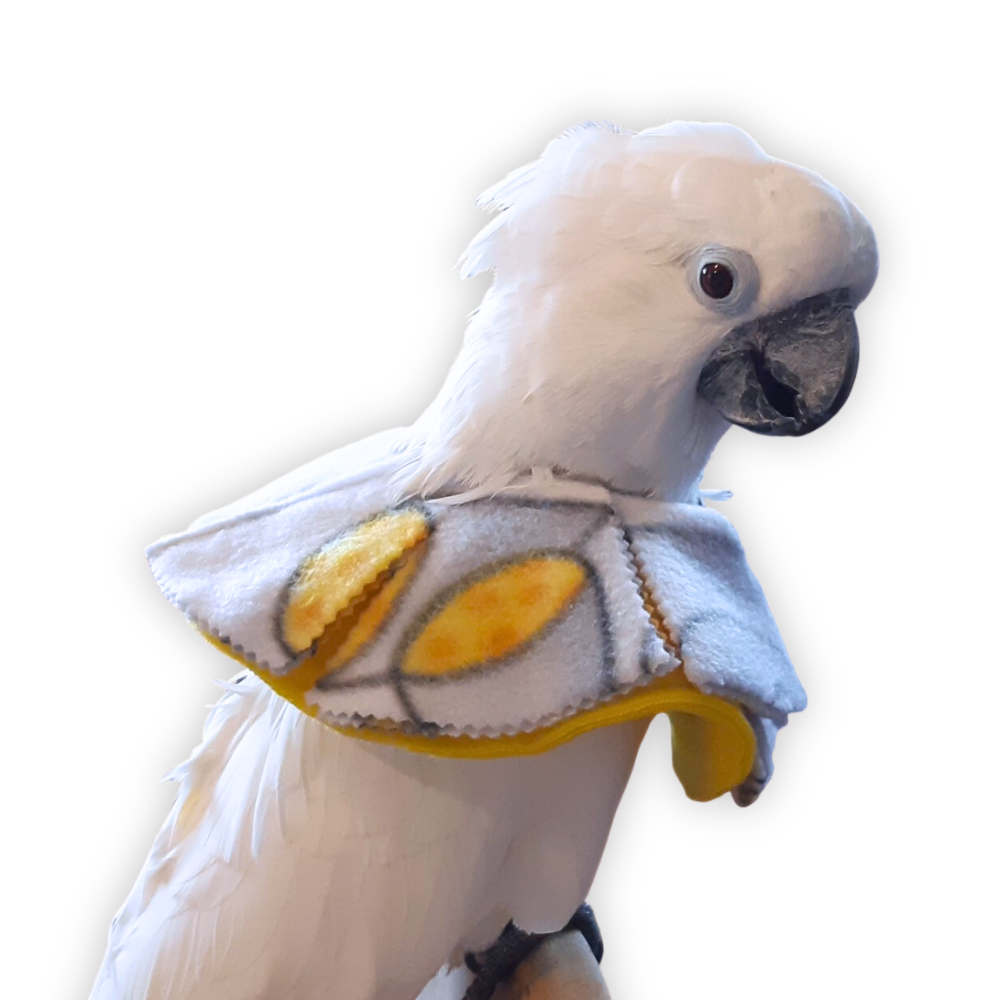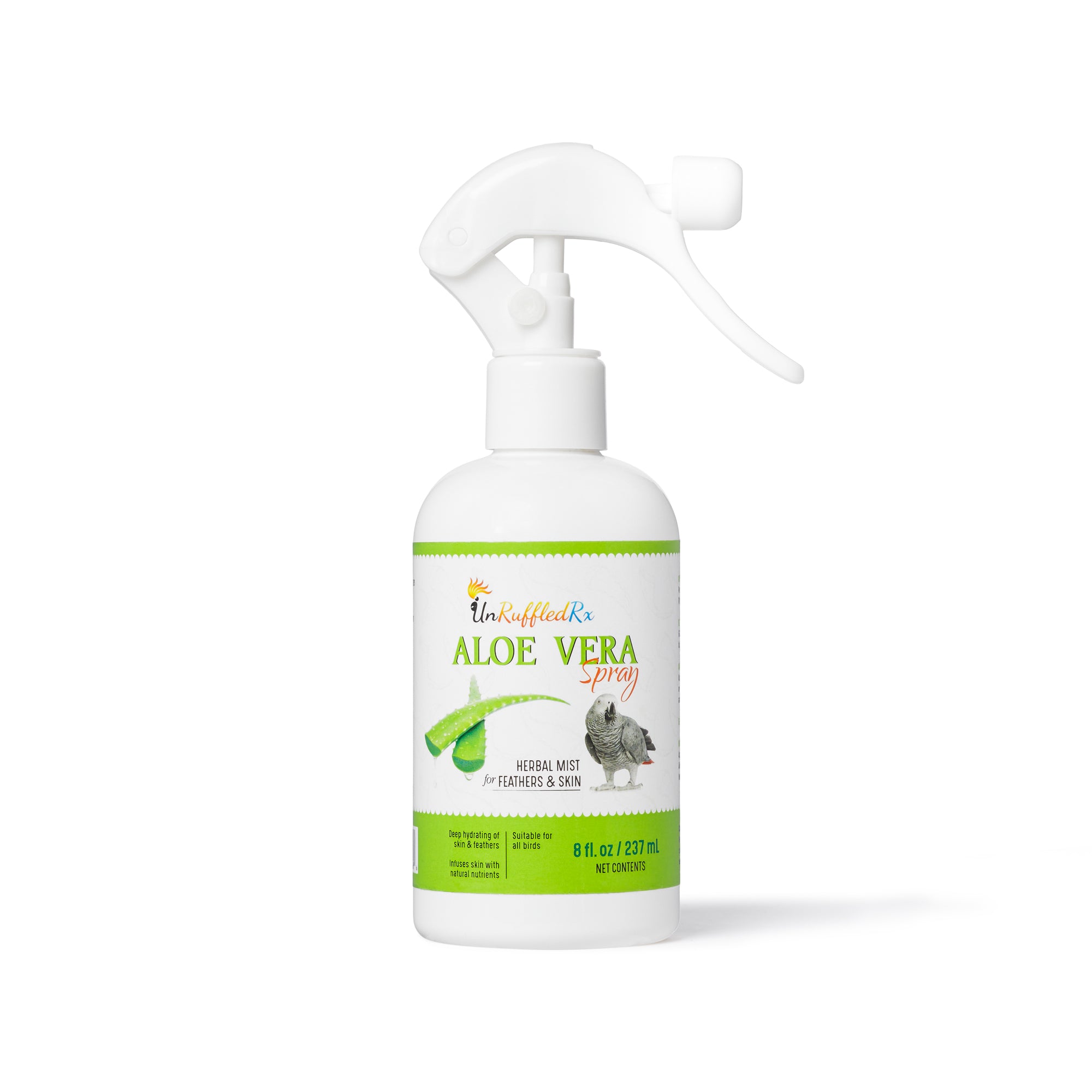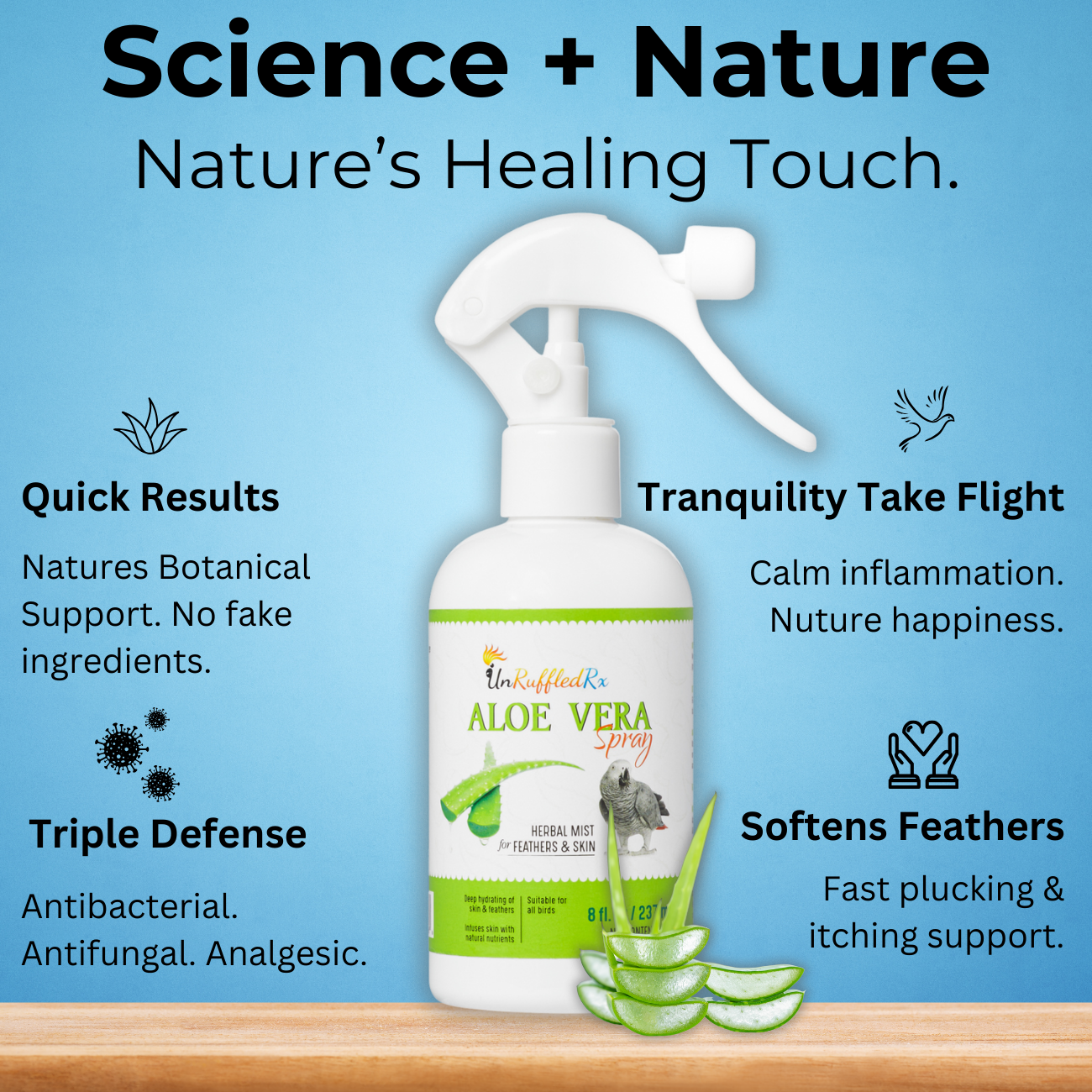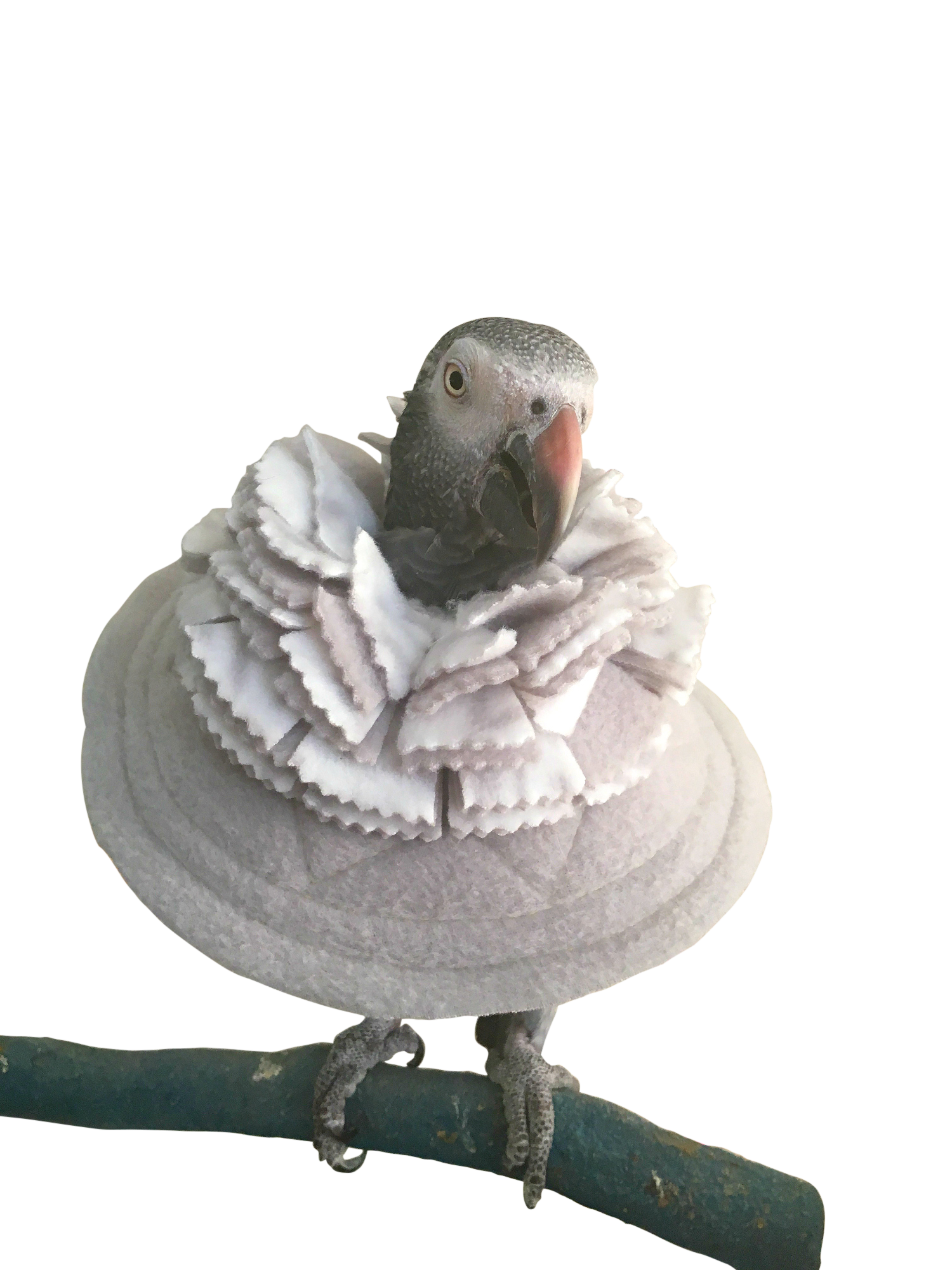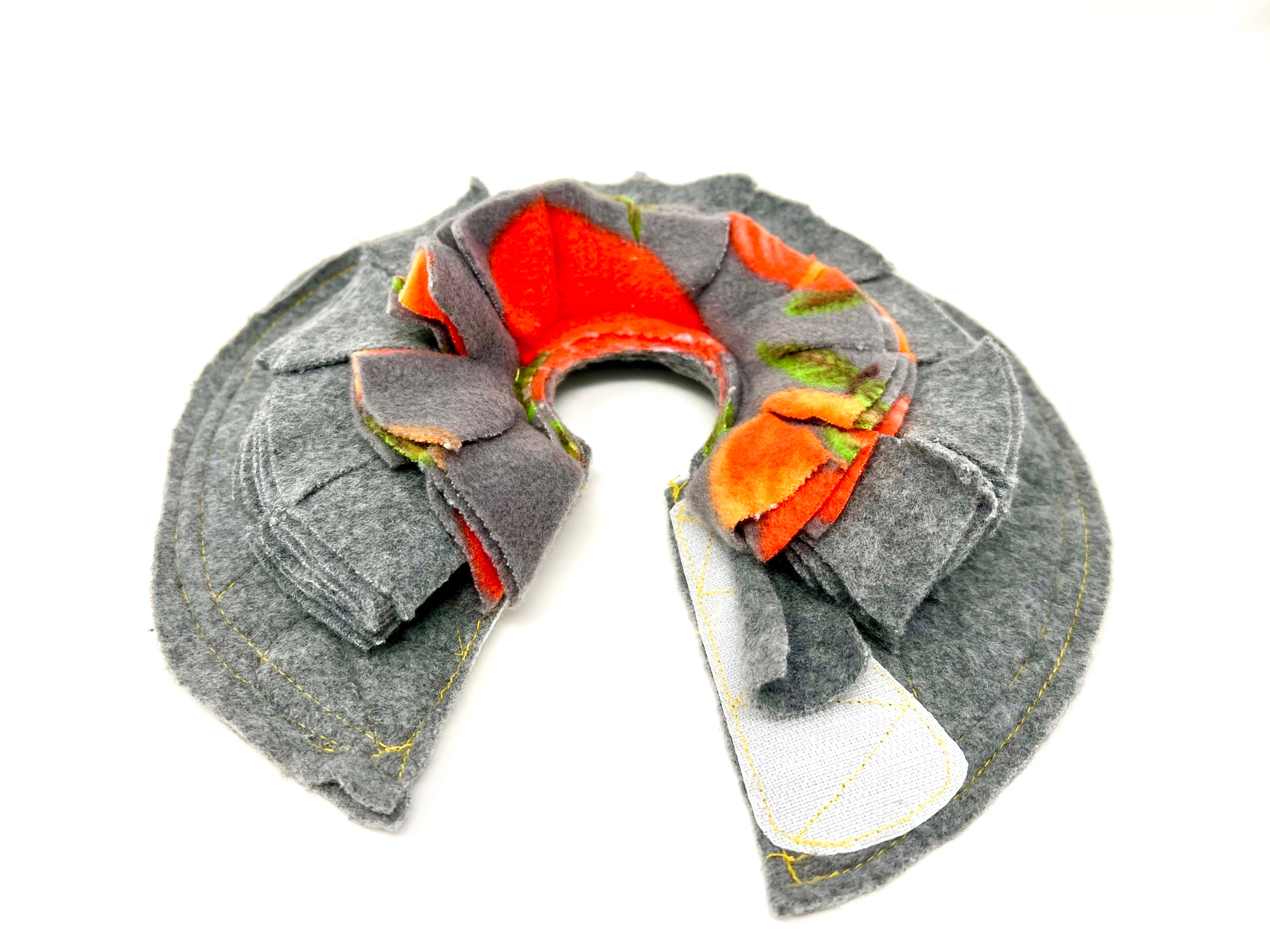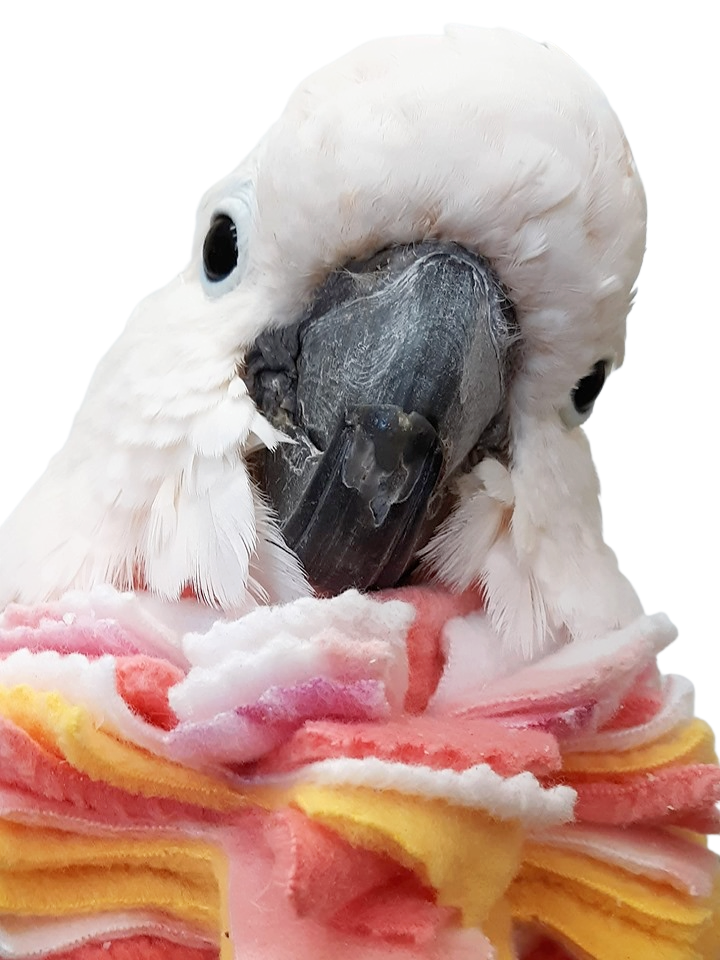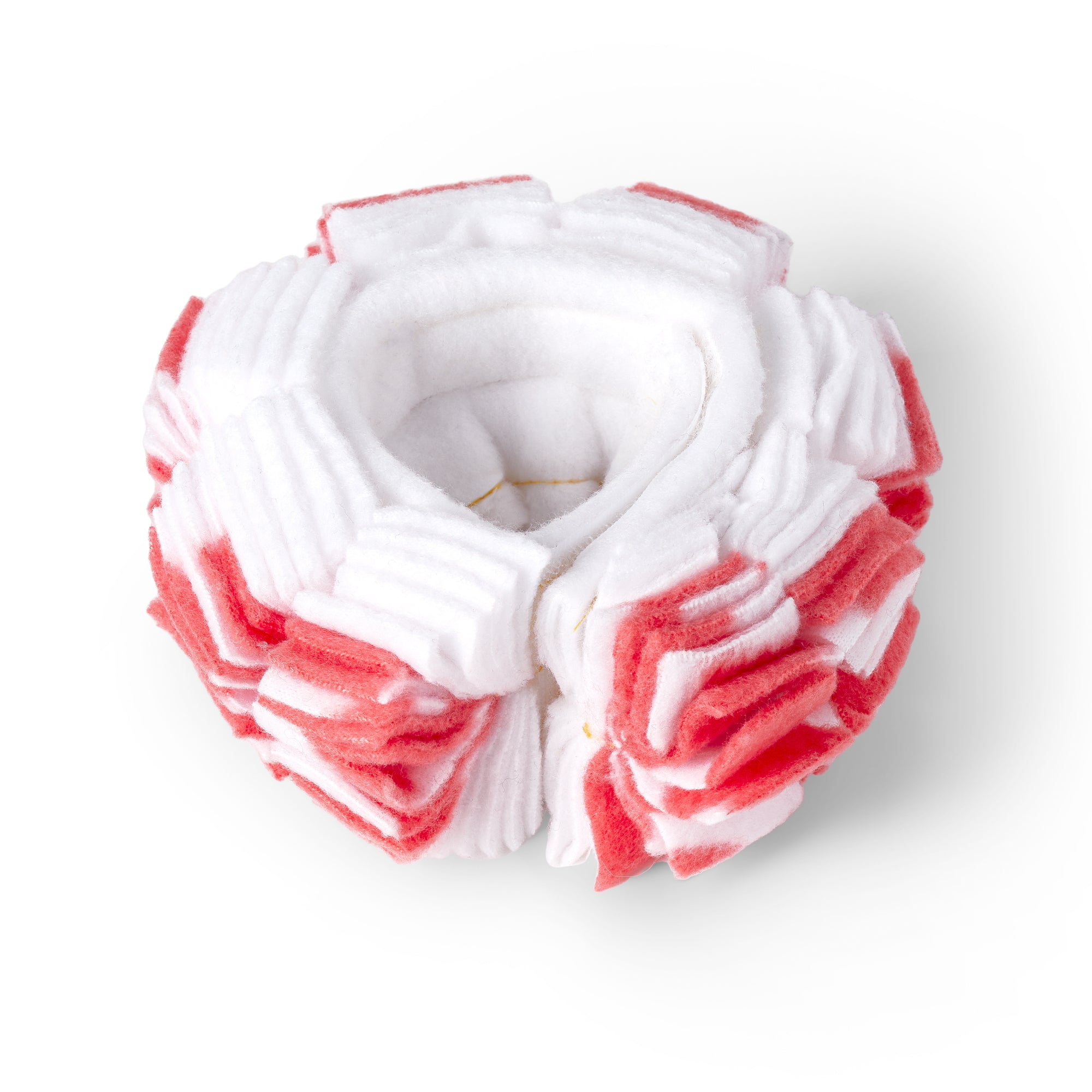Revised - March 23, 2022
A bird’s diet has a significant impact on how well they live and their chances for longevity. It can also affect the frequency and severity of any health problems they may experience. Of course, deciding what type of food to feed your birds can be difficult, especially when you aren’t sure which foods will provide them with the best nutritional value. Here are some tips on how to determine which essential fatty acids are best for birds.
In this blog post I'll discuss the importance of adding essential fatty acids (EFA's) to your birds diet, how EFA's support your bird's overall health, and choosing which EFA's to feed your bird.
What are the main differences in various fatty acids?
The main types of fatty acids that exist in food include saturated, monounsaturated, and polyunsaturated. The body needs all three of these EFA's to function properly, but they each have their own benefits and risks to consider.
Saturated fats are usually solid at room temperature and are mainly found in animal products such as meat, eggs, butter, and whole milk. These fats are also present in coconut oil.
Omega-3 and omega-6 fatty acids are both essential because our bodies can’t produce them. Both are polyunsaturated, meaning they have more than one double bond, and we need to obtain them from foods like fish, nuts, and flax seeds. Omega-3s also include eicosapentaenoic acid (EPA) and docosahexaenoic acid (DHA), which are also found in fish but not in plant sources.
Omega-9s are monounsaturated and usually found in plant oils such as olive, canola, and peanut. It’s also found in almonds, cashews, hazelnuts, macadamia nuts, pecans, pistachios and walnuts.Which oil is best for birds?
We can’t just feed any kind of fatty acid to our feathered friends. Some plant oils like avocado oil and soy oil should be avoided altogether, but there are also different types of healthy oils available, each one with its own unique nutritional profile.
For example, coconut oil is higher in lauric acid, caprylic acid and, capric acid but lower in omega-3 and omega-6 fatty acids. It's important to change things up so that your body is not overdosing on any one source of fatty acids.
What does Omega 3 do for birds?
Omega 3 fatty acids are a group of polyunsaturated fats essential to a healthy diet. This nutrient helps keep our hearts healthy, brains functioning, and cells intact. As human's, we cannot make them ourselves, so we must eat them to stay healthy. Birds cannot produce Omega 3 on their own either; so it’s doubly important that you feed your feathered friends foods high in these essential fatty acids (EFAs).
Omega 3 fatty acids promote overall health and wellbeing in our feathered friends. They’re especially important as an aid to growth and development of your bird. This nutrient helps keep his joints healthy, skin supple, and feathers strong.These EFAs are also critical for maintaining good vision in your pet bird; without them, he may experience cataracts or even go blind!
Omega 3 fatty acids are also key to boosting your bird’s immune system. EFAs help keep his cells healthy and his immune system strong, so he can fight off disease more easily. Omega 3 fatty acids may even help prevent heart disease in our feathered friends.
Healthy Omega 3 rich foods include Red Palm Oil, Coconut Oil, Hemp Seed, Flaxseed, walnuts, brazil nuts, pecans, and pine nuts, amongst others.
What does Omega 6 do for birds?
A diet high in Omega 6 fatty acids can lead to a fatty liver, which can result in numerous health problems.
But that's not to say that your bird doesn't need omega 6's at all. Omega-6 fatty acids work to improve your bird's skin and feathers, promote bone health, control their metabolism, and maintain their reproductive health. But don't overindulge!The ideal ratio of Omega 6 to Omega 3 is 1:1.
Healthy Omega 6 Rich Foods For Birds Include Hemp Seed And Flax Seed Oil.
Each source of omegas provides a unique chain of nutritional benefits so please rotate different foods so that your bird enjoys the benefits of each. And, always follow UnRuffledRx feeding instructions.
Is coconut oil good for birds?
One of nature’s most luxurious food sources, coconut oil offers an abundance of medium-chain fatty acids (MCFAs) like lauric acid. MCFAs are a healthy alternative to saturated fats and are easy for your bird to digest. In fact, coconut oil may help boost your bird’s immune system and support healthy digestion, weight management and a radiantly beautiful coat.
For all these reasons, we recommend adding small amounts of unrefined virgin coconut oil to your bird’s diet every few days. You can mix it into their favorite foods or feed it directly on its own—they will love you for it!
Is flaxseed oil good for birds?
Wish your bird would get what they need? Try feeding them flaxseed oil, which is a natural source of omega-3 fatty acids, fiber, protein, phytochemicals and minerals that have been shown to support heart health and blood clotting. Plus, by eating flaxseed oil, birds can take advantage of all the nutrients contained in it.
Is hemp oil safe for birds?
Hemp seed is an excellent source of polyunsaturated and essential fatty acids. They have around a 3:1 ratio of omega-6 to omega-3, thought to be the ideal ratio. They also contain all nine essential amino acids, which are what the body uses to make protein. Since feathers are 90 percent protein, this is huge news for our birds.
Is red palm oil safe for birds?
Red Palm Oil for Birds provides important nutrients to support healthy, supple skin that supports feathers. It is also known for its cardio-vascular and blood clotting benefits, as well as its ability to boost the immune system.

In conclusion, all four of these essential fatty acid oils are excellent for your bird.
Here is how to feed them -
1. Remember that variety is the key. Rotate to a different oil each day. For instance, feed Red Palm Oil on Monday, Coconut Oil on Tuesday, Hemp on Wednesday, and so on.
2. A little goes a long way. Feed about 1/8 teaspoon per 400 gm. body weight of each oil per day.
3. For oils that solidify below 70, just run the jar under warm tap water to liquify. Too much heat diminishes the nutritional availability of the product.
Related Posts:
Is Red Palm Oil Good For Parrots?
Fat Is NOT The 'F' Word In Bird Diets
Diane Burroughs, LCSW is a licensed psychotherapist trained in ABA therapy techniques. She specializes in avian anxiety disorders and is certified in Nutrition For Mental Health. Diane has written a number of bird behavior books and she offers behavior consultations. She's developed a range of UnRuffledRx Science-backed Parrot Wellness Supplies.
Diane's products have been featured in the Journal of Avian Medicine and Surgery and at Exoticscon, a conference for exotic pet veterinarians. Her bird collars & supplements are stocked in avian vet clinics and bird stores throughout the US. With over 30 years in the field of behavior, Diane has created thousands of successful individualized behavior plans that help pets thrive.
TAGS: #EssentialFattyAcidsForBirds #BirdNutrition
SHARING IS CARING! PLEASE SHARE ON YOUR FAVORITE SOCIAL MEDIA NOW!
